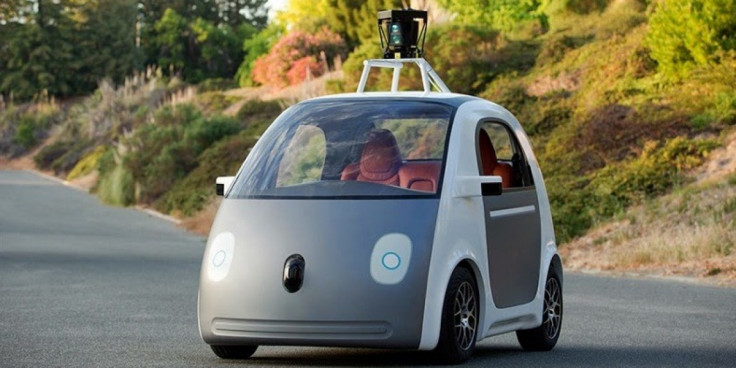UK self-driving car trials to be led by Jaguar Land Rover and Ford

Testing of driverless cars will begin on UK streets at the start of January, with Jaguar Land Rover and Ford leading the way in London, Coventry, Bristol, and Milton Keynes.
Announced by the Innovate UK quango after George Osborne's Autumn Statement, the test will commence on 1 January and is expected to last between 18 months and three years.
Jaguar Land Rover and Ford will team up with engineering consultancy group Arup to form the UK AutoDrive programme, and will be experimenting with a semi-autonomous Range Rover, which will be tested in real world conditions on open public roads.
The aim here will not be to produce a fully autonomous car - instead the Range Rover will offer a degree of self-driving, similar to the Tesla Model S P85D - the group plans to develop and evaluate fully autonomous lightweight pods designed for use in pedestrianised areas.
Tim Armitage, of UK Autodrive, said: "Our plan with the practical demonstration phases is to start testing with single vehicles on closed roads, and to build up to a point where all road users, as well as legislators, the police and insurance companies, are confident about how driverless pods and fully and partially autonomous cars can operate safely on UK roads."
UK Autodrive also includes the universities of Oxford and Cambridge, the Open University, AXA insurance, and both Coventry and Milton Keynes councils.
Chancellor George Osborne announced an additional £9m in funding for the work, adding to £10m which was announced in July; the businesses and car manufacturers involved will also add their own funding into the pot.
Greenwich in south-east London will become a testbed for the Gateway scheme, which will involve testing automated shuttle vehicles, remote-controlled driving, and the creation of a 3D simulation of the local road network.
Bristol will be home to the Verturer consortium, which plans to investigate whether self-driving cars can reduce congestion and make roads safer for passengers, pedestrians and drivers of regular cars.
Armitage added: "The UK Autodrive consortium brings together world-class expertise that will help the UK position itself as a leader in the development and adoption of autonomous driving technologies.
"As well as developing and testing the in-car, car-to-car, and car-to-infrastructure technologies that will be required to drive cars autonomously on our roads in the future, the project will also place great emphasis on the role and perceptions of drivers, pedestrians and other road users."
© Copyright IBTimes 2025. All rights reserved.






















